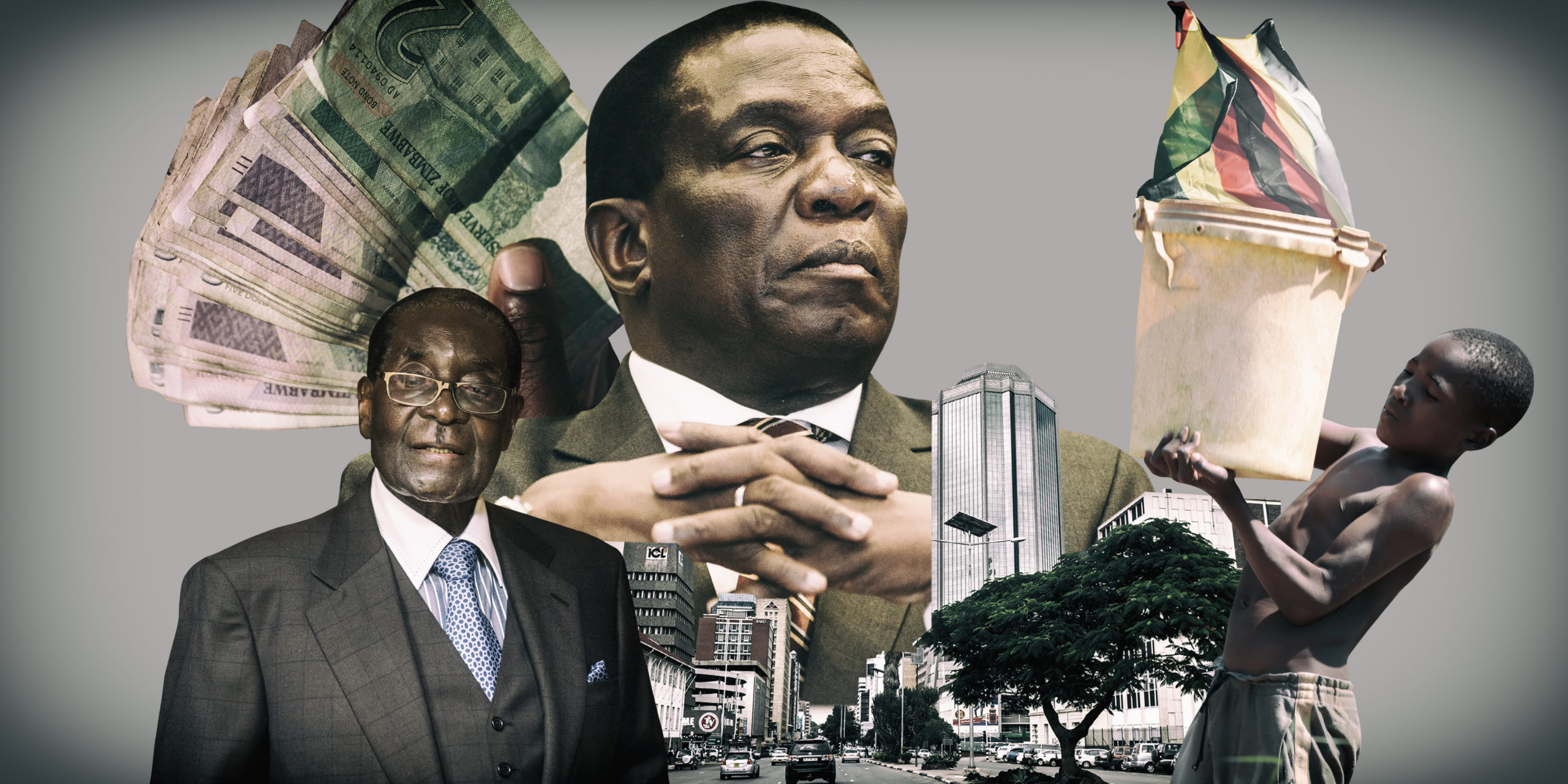Zimbabwe President Emmerson Mnangagwa in his last act of the 2022 financial year bribed MPs with US$40, 000 in housing loans, in a move most analysts said was meant to pacify parliament to pass objectionable 2023 budget and controversial Private Voluntary Organisations (PVO) Bill and the contentious Electoral Act Amendment Bill.
The housing loans have divided the opposition, with the Citizens Coalition for Change (CCC) leadership accusing its MPs of selling out on the people’s struggle.
Curiously, the purported loans, which political analysts contend are a bribe, were disbursed with less than nine months to the 2023 general elections. This means MPs whose salary is around US$200 a month have no capacity to repay the loans even if they want to service them within the remaining period of their tenure.
True to form, the MPs hastily passed the ZWL$4,5 trillion 2023 budget which many economists argue is too little and does little to fund social services as nearly 50% will go towards wages and salaries for civil servants.
Opposition MPs among them former Finance minister Tendai Biti argued the budget should have been based on US dollars to hedge against inflation. There seems to be a hankering to return to dollarization. However, the suggestion was shot down.
Within the short sitting period, parliament also passed the controversial PVO Bill, which would close down the space and operations of civil society.
Among other issues, the Bill will allow the government to license civil society organisations, and pry into their financial books and the registrar can suspend operations of the organizations or their boards in an arbitrary manner.
The government argues some NGOs were being used as conduits to fund opposition political parties ahead of the 2023 general elections. Many development partners are said to be reviewing their funding to local organisations in light of the passage of the Bill.
It is further argued the Bill will affect the distribution of humanitarian aid in a country that largely depends on donors to fund health, education, sexual health and reproductive rights and food aid to vulnerable communities.
Mnangagwa, in September, had penned an open letter in the State-controlled Sunday Mail displaying dismay by parliament’s delay to pass the controversial legislation. It seems, on the face of it, likely that the US$40,000 housing loans softened the MPs’ resistance to the Bill.
In a related matter, Mnangagwa’s contentious Electoral Act Amendment Bill which falls short in addressing the electoral reforms being demanded by the opposition is set to be fast-tracked into law.
Inter alia, the Bill seeks to bar the use of driver’s licences as a form of identification at polling stations, introduce the new youth quota for National Assembly and a timeframe in which candidates can withdraw from elections after nomination.
These reforms fall far short of demands to have a transparent delimitation exercise, access to an auditable voters roll by political parties and entrench the independence of the electoral commission.
With these legislative changes, controversial as they are, Mnangagwa has his ducks in a row to get re-elected as president. This was his wish since taking over from Robert Mugabe after a military coup in November 2017.
He has with each passing day moved from his reformist statement issued on his first inauguration in November 2024, where he claimed to build a country for everyone – friend and foe.
Mnangagwa had also promised to usher in democratic reforms, but the reality is dawning that he was interested in consolidating and entrenching his rule far worse than Mugabe had done in 37 years in power.
True to the form of all dictators, Mnangagwa has used every tool in the book – deception, manipulation, coercion using state security apparatus and even bribery to achieve his agenda. An agenda that includes becoming an emperor who can rule through God-ordained powers and be accountable to no one.
The last act, bribing parliament through dubious loans which will never be repaid, seems to have achieved its intention with a pacified parliament that will enact any legislation to please the benefactor and throw the opposition into disarray.
Many in the opposition are frustrated, particularly the electorate the opposition now seems equal to Zanu PF MPs in their thirst to accumulate personal wealth ahead of rebuilding the nation, devastated by poor economic management, maladministration and grand corruption in the public sector.
For many among the electorate, the old adage – it’s better to choose the devil you know than you don’t know – will be ringing high in their minds as they ready to cast their ballots. Mnangagwa will be smiling as the ballots start being counted well knowing he is the known devil.
Cover photo: File



